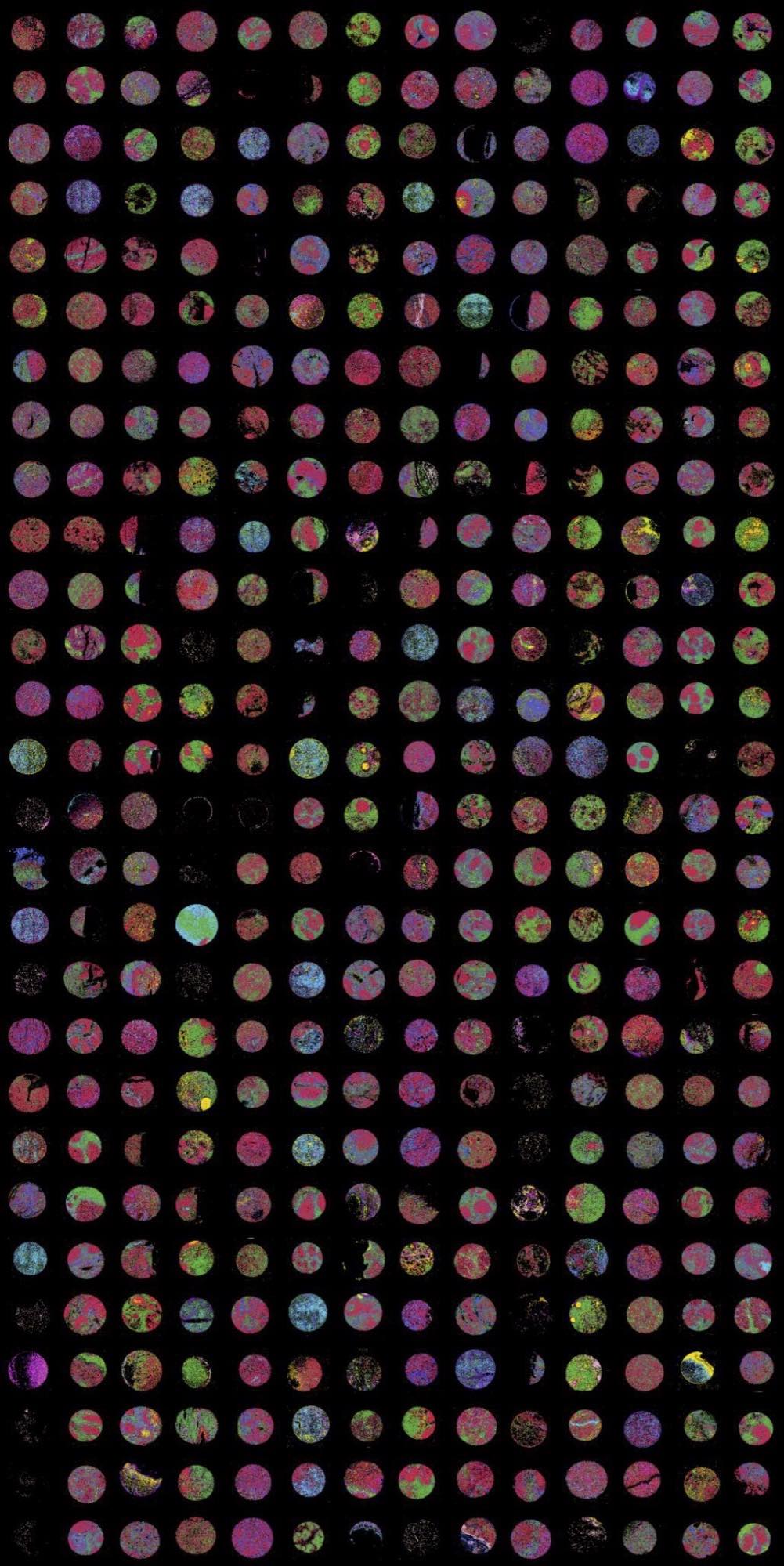Technical project manager: software / data
Location: Heidelberg, Germany
About the project
Redirection of autologous T-cells through bispecific antibodies is an important therapeutic approach to B cell lymphomas. However, treatment responses differ strongly between patients. There is an urgent medical need for better understanding of resistance mechanisms, biomarkers for response prediction, and finding additional targets for response improvement. Both tumor cell intrinsic, e.g., genetic and epigenetic alterations, and tumor cell extrinsic factors, e.g., composition and functional state of the lymph node microenvironment, are of interest. We apply modern single-cell resolution omics and spatial assays, incl. highly multiplexed immunohistochemistry (CODEX/Akoya) and scRNA/CITE-seq. We molecularly characterize tumors and their microenvironments within a prospective clinical study of patients treated with bispecific antibodies. This work takes place within the Transcan-3 project Bispecific antibodies in Lymphoma: Microenvironmental profiling to predict treatment response and uncover immunogenic resistance mechanisms (BIALYMP). This international collaboration combines biotechnological and computational research groups with clinical oncologists and is coordinated by Wolfgang Huber (EMBL).
We are looking for a computational biologist / bioinformatician / biostatistician who combines data-driven biological discovery research, requisite computational or statistical method development, and central management and integrative analysis of the research data. The position provides excellent opportunities to complement your existing skills with new ones, build up your research and skills profile in computational biology and biomedicine, and make a real contribution to improving patient outcomes.

About the team
The research group of Wolfgang Huber at EMBL develops statistical data analysis and machine learning methods for modern biotechnologies, applies them to biological and biomedical discovery, and translates them into reusable tools by engaging in open source software communities. The interdisciplinary and international team has strong collaborations with researchers in cancer and developmental biology. They use cutting edge experimental data to discover and understand biological processes and to develop new biomedical applications.
Your role
You will participate in the overall BIALYMP project and engage in multiple of the following areas. The project setup allows for some flexibility in allocation of responsibilities according to qualifications and interests.
- Analyse data and make biomedical discoveries, often in collaboration with domain experts
- Develop end-to-end data analysis workflows using the R/Bioconductor and/or Python software ecosystems for bioinformatics, statistics and machine learning
- Test and benchmark existing and new spatial omics analysis methods, with an emphasis on spatial statistics and biostatistics
- Improve methods to your needs or develop new approaches.
- Set up shared data storage spaces and metadata management that support collaborative work, high-powered analyses and visualization. Implement open science practices such as FAIR data and software publication alongside with the scientific “papers”.
You have
a PhD or equivalent qualification in a quantitative discipline (mathematics, statistics, physics, computer science, computational biology). Your expertise includes topics such as statistics of high-dimensional data, machine learning, representation learning, spatial statistics, scientific data visualization. Proficiency in R and/or Python are required. We welcome applications that include samples of your prior work, such as GitHub repositories, quarto reports, thesis documents. We encourage applications also from candidates with little or no background in biology or medicine, and a keen interest to learn.
You might also have
a background in biological data science, are excited by making or contributing to biological discoveries, you are interested in interdisciplinary science, enjoy collaborative work and like to communicate concepts and results to other scientists in different fields of research.
Why join us
EMBL is an inclusive, equal opportunity employer offering attractive conditions and benefits appropriate to an international research organisation with a collegial and family-friendly working environment. The remuneration package comprises a competitive salary, a comprehensive pension scheme, medical, educational and other social benefits, as well as financial support for relocation and installation, including your family and the availability of an excellent child care facility on campus. EMBL has a large, thriving community of computational biologists, working in close collaboration with experimental scientists and with strong links to other local and international scientists and institutions.
What else do I need to know
EMBL is Europe’s flagship research laboratory for the life sciences – an intergovernmental organisation doing scientific research in disciplines including molecular biology, physics, chemistry and computer science. We are an international, innovative and interdisciplinary institution with more than 1600 employees from more than 60 nations, operating across six sites in Heidelberg, Barcelona, Cambridge, Grenoble, Hamburg, and Rome.
Our mission is to offer vital services in training scientists, students and visitors at all levels; to develop new instruments and methods in the life sciences and actively engage in technology transfer activities, and to integrate European life science research. Please note that appointments on fixed term contracts can be renewed, depending on circumstances at the time of the review.
If you have any questions prior to your application for this job position, please contact Wolfgang Huber (wolfgang.huber@embl.org).